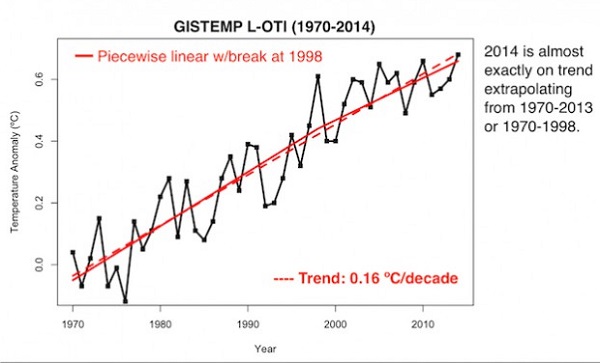Since John Davidson posted the Greens’ ideas on tax there has been a lively debate. Here I give some links to views I have found interesting.
John Quiggin has started his own tax policy review Rethinking tax policy for Australia, a work in progress with a proposal so far to tax the “immensely profitable” banks to the tune of $5 to 10 billion.
Quiggin’s Guardian article is essential reading. Amongst the points he makes:
- The review itself is poor quality, adding little to the thinking of the Asprey Review of 1975. There are major omissions.
- The government is hoping for an increase in the GST, achieved through some combination of higher rates and the elimination of exemptions. This isn’t going to happen.
- “The fallback position, on which bipartisan agreement looks feasible, is a scaling back of the massive tax expenditures on superannuation. If that is the only outcome of Re:think, the exercise will have been a worthwhile one.”
Ben Eltham at New Matilda points out “reform” has become a dirty word. With this government it has come to mean mostly policies that are deeply regressive and unpopular. The government discussion paper on tax:
is the latest front in the Coalition’s neoliberal war on working Australians. It will fail for the same reasons the “reforms” to health and education failed: voters don’t want reform. They want high-quality public services, affordable housing, and a good job. They know companies aren’t paying their fair share, and they want them to pay more.
When will the government and business spinmeisters learn that “reform” is a massive turnoff for voters?
Clearly we need to pay more tax. The government’s way around this problem is to increase the GST. Peter Martin says that we should concentrate on captive sources of revenue:
The trick is to grab more of the money that’s bolted down and unable to leave the country, and less of the money that’s footloose. It’s anything but fair, but tax is about raising revenue more than it is about fairness, and we can’t raise revenue we frighten away.
So that means eliminating dividend imputation for shareholders, taxing superannuation and taxing people for owning property rather than buying it.
Don’t worry about the Googles, Microsofts and Apples. They’ll gravitate to the cheapest tax haven they can find.
Martin reckons that is we knock off dividend imputation the company tax could be reduced to 19 or even 15%. In any case it’s trending to zero.
Ian McAuley at New Matilda has a perceptive piece. He says:
Australia does need tax reform. There is even a case for increasing the rate and extent of the GST, but only if it is part of a comprehensive package aimed at collecting more revenue and making the whole system fairer.
But when tax reform is in the context of revenue neutrality, or even a reduction in overall taxes, and the message is that corporations should pay less tax while consumers pay more, the proposals are politically dead in the water.
McAuley is also not impressed with the notion that companies should pay less.
The regular World Economic Forum Global Competitiveness Reports tend to show that business tax concessions are the inducement of last resort, offered by countries with low education standards, poor infrastructure and unstable government.
Perhaps Hockey’s push for lower corporate taxes is in realisation that Australia is becoming that type of economy.
So to sum up, the Government’s main strategy seems to be to hold Commonwealth taxes to current levels, or less, but to shove off responsibility to the states for hospitals and schools necessitating an increase in the GST
However, they say that a change to the GST needs to be bipartisan. Labor sees it as highly regressive and won’t have a bar of it. Similarly the LNP won’t go near a price on carbon or a mining tax. There does seem to be some consensus now that super has to be part of the equation. In itself it’s unlikely to be sufficient.
What the exercise does do is to put the wood on both major parties to come up with proposals to take to the next election that are coherent, understandable and make a difference.




